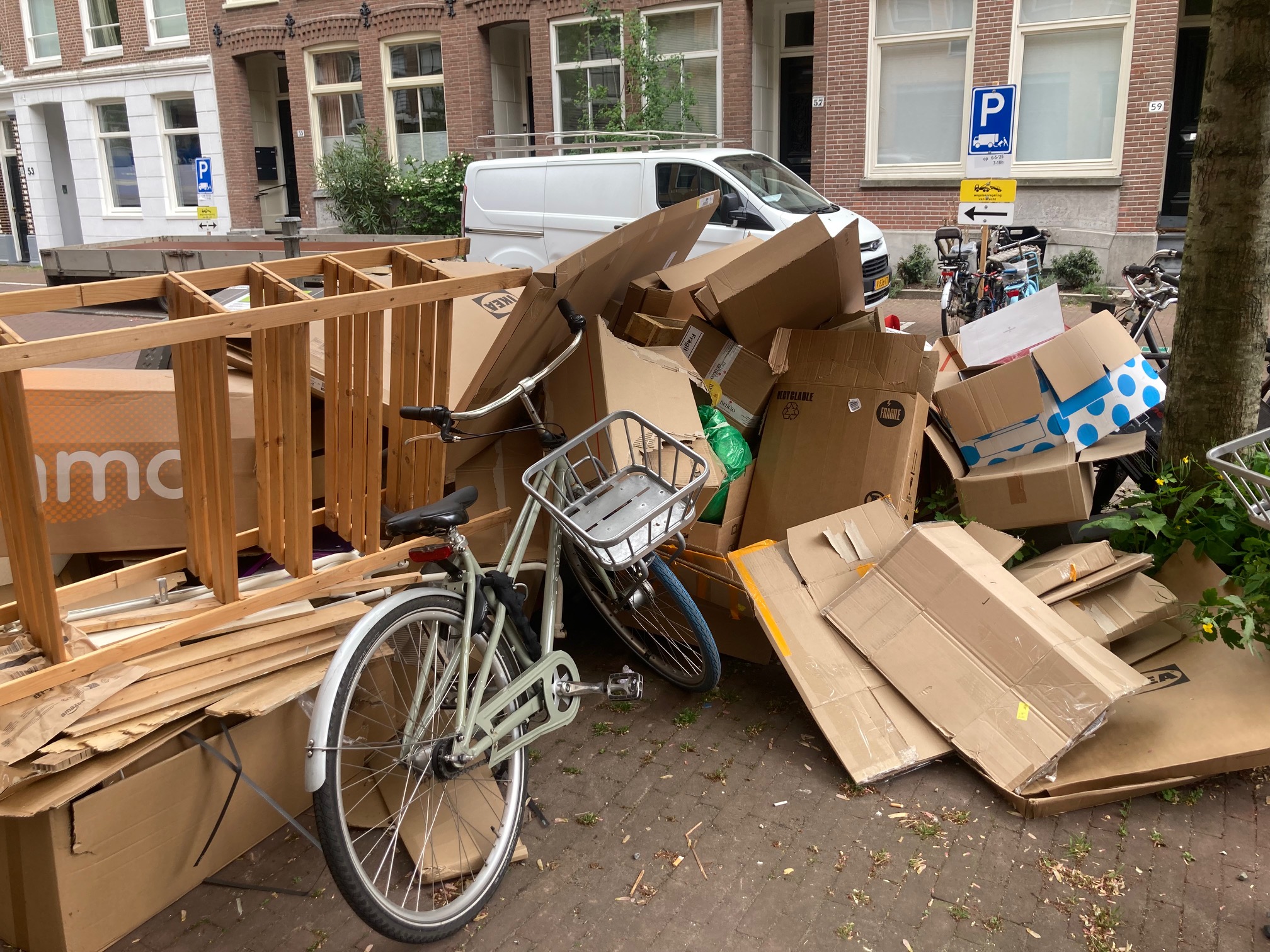Rubbish plan: Garbage processing workers strike for three days

The residents of larger Dutch cities face mounting piles of rubbish on the streets because of a three-day strike by waste processing workers, officials have warned.
The FNV trade union federation said on Friday that waste processors in Amsterdam, The Hague, Rotterdam and Utrecht and eight smaller locations will refuse to accept waste on Monday, Tuesday and Wednesday.
While domestic collection services will continue initially, waste processing companies will not accept new deliveries, which means collections will soon grind to a halt.
The strike has been called in protest at the government’s plan to impose a €567 plastic tax on the waste processing sector rather than on companies that produce or use plastic.
The union says the tax will lead to unacceptable cost increases for households and encourage companies to send waste abroad for processing. This would in turn threaten jobs and damage the environment, the union argues.
“This tax is not being levied on the people causing the plastic problem, but the companies which process the waste,” FNV spokesman Hanan Yagboubi said. “The bill will be passed on to households and investments in sustainability measures will disappear. We won’t accept this.”
In Amsterdam, dumped rubbish and litter are already a major source of complaints.
The city’s finance chief Hester van Buren warned councillors in a letter on Friday evening that “full containers, dumping, smell and litter” are likely to increase during the strike. Amsterdam’s waste processing company AEB is owned by the city.
According to television news show Hart van Nederland, in Rotterdam no ordinary domestic waste will be collected during the three-day strike, although paper and glass containers will still be emptied. In Utrecht, collection of organic waste will be affected.
The government has said no final decision has been taken about imposing the new tax on waste processors.
Thank you for donating to DutchNews.nl.
We could not provide the Dutch News service, and keep it free of charge, without the generous support of our readers. Your donations allow us to report on issues you tell us matter, and provide you with a summary of the most important Dutch news each day.
Make a donation